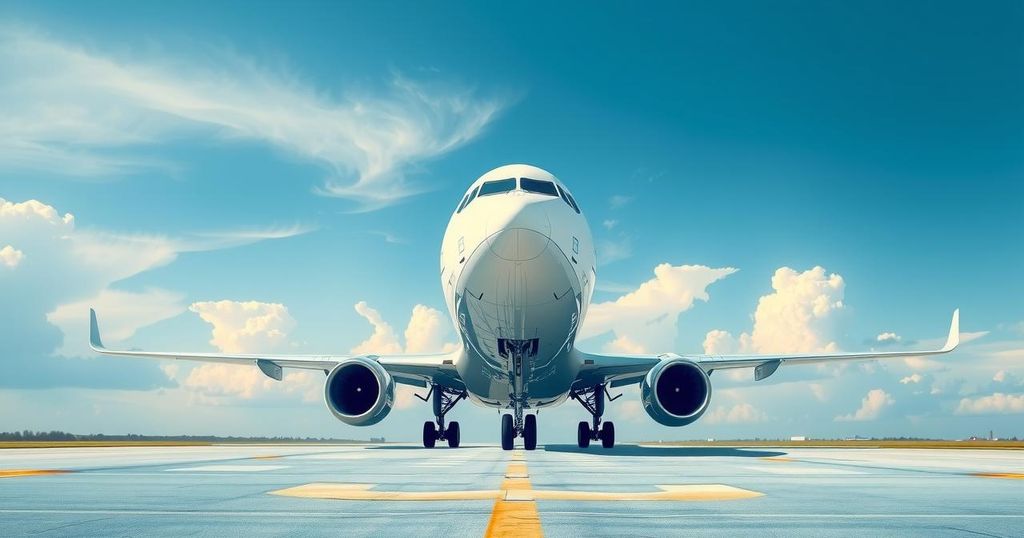Venezuela Resumes Acceptance of U.S. Deportation Flights Amid Controversy
Venezuela will resume accepting U.S. deportation flights due to an agreement with the Trump administration, influenced in part by the conditions Venezuelan migrants face in El Salvador. Legal challenges regarding the basis of deportations are ongoing, raising concerns over treatment of deportees. This agreement illustrates the pressures and political dynamics affecting immigration policy today.
Venezuela has announced it will resume accepting deportation flights from the United States, following an agreement with the Trump administration. This decision is influenced by the situation of Venezuelan migrants detained in prisons in El Salvador, which lack due process protections.
The resumption of flights is partly due to pressure stemming from the treatment of Venezuelan migrants deported to El Salvador, described as having been subjected to severe conditions that may constitute human rights abuses. A Venezuelan official stated, “Migration isn’t a crime, and we will not rest until we achieve the return of all of those in need.”
Previously, Venezuelan leader Nicolás Maduro halted cooperation over deportation due to policy changes associated with the Biden administration that affected oil production. During this time, the Trump administration intensified its demands for Latin American nations to accept deportees, threatening sanctions against countries that resisted these deportations.
The agreement arrives amidst scrutiny over the legality of using the Alien Enemies Act to facilitate deportations to El Salvador, which has ignited legal challenges. A federal judge recently intervened, temporarily barring these deportations while questioning their legal basis and the conditions in which deportees are held.
Despite official assertions that deportees are primarily criminal gang members, many families and immigration lawyers argue this portrayal is misleading, citing a lack of transparency regarding the identities of those deported. The situation has fostered significant controversy, as discussions about judicial independence and immigration policies remain heated within the political sphere.
In conclusion, Venezuela’s decision to accept U.S. deportation flights reflects a complex interplay of international relations, humanitarian concerns, and domestic political pressures. The ongoing legal disputes regarding deportation practices indicate significant tensions surrounding immigration policies under the Trump administration, especially concerning the treatment of migrants. This agreement could have far-reaching implications for U.S.-Venezuela relations and the broader immigration landscape.
Original Source: www.nytimes.com




Post Comment